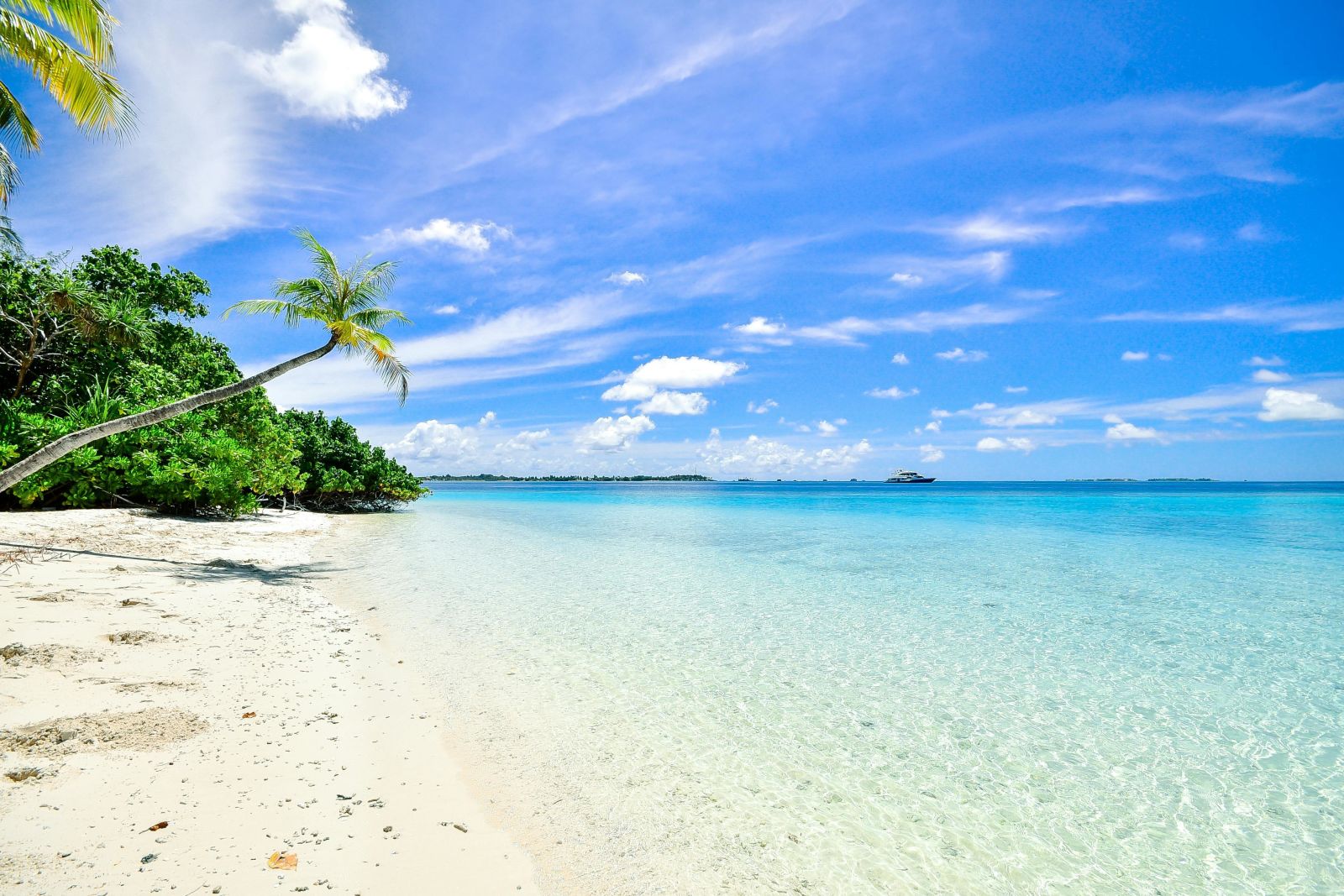Banned & Restricted Cities
Here are 10 cities around the world taking major steps to regulate or restrict short-term rentals like Airbnb:
Since September 2023, Local Law 18 has essentially banned most short-term rentals. Stays under 30 days require the host to be present and limited to two guests, significantly reducing available listings.
In June 2024, Barcelona announced plans to ban all short-term rentals by November 2028, aiming to return 10,000 apartments to the long-term rental market.
Only home-sharing is allowed, meaning the host must be present during the guest’s stay. All hosts must register and comply with strict rules—unhosted rentals are banned.
Florence has banned new short-term rental licenses in its historic center to help combat the ongoing housing crisis.
Berlin requires permits for short-term rentals. Unauthorized listings can be fined up to €500,000, part of efforts to protect housing for locals.
Beginning July 2024, short-term rentals are capped at 90 days per year citywide, expanding previous limits that applied only to residential areas.
Las Vegas bans non-owner-occupied short-term rentals. Hosts must obtain a business license, carry liability insurance, and follow strict occupancy limits.
Only registered units can host short-term rentals, and stays are capped at three days, as part of regulations to limit tourism’s impact on locals.
After a tragic 2023 fire linked to illegal rentals, Quebec enforced stricter laws—all listings must have a valid permit, and platforms face fines for non-compliance.
Short-term rentals are limited to 30 nights per year, and hosts must register with the city. Some neighborhoods have imposed complete bans.

